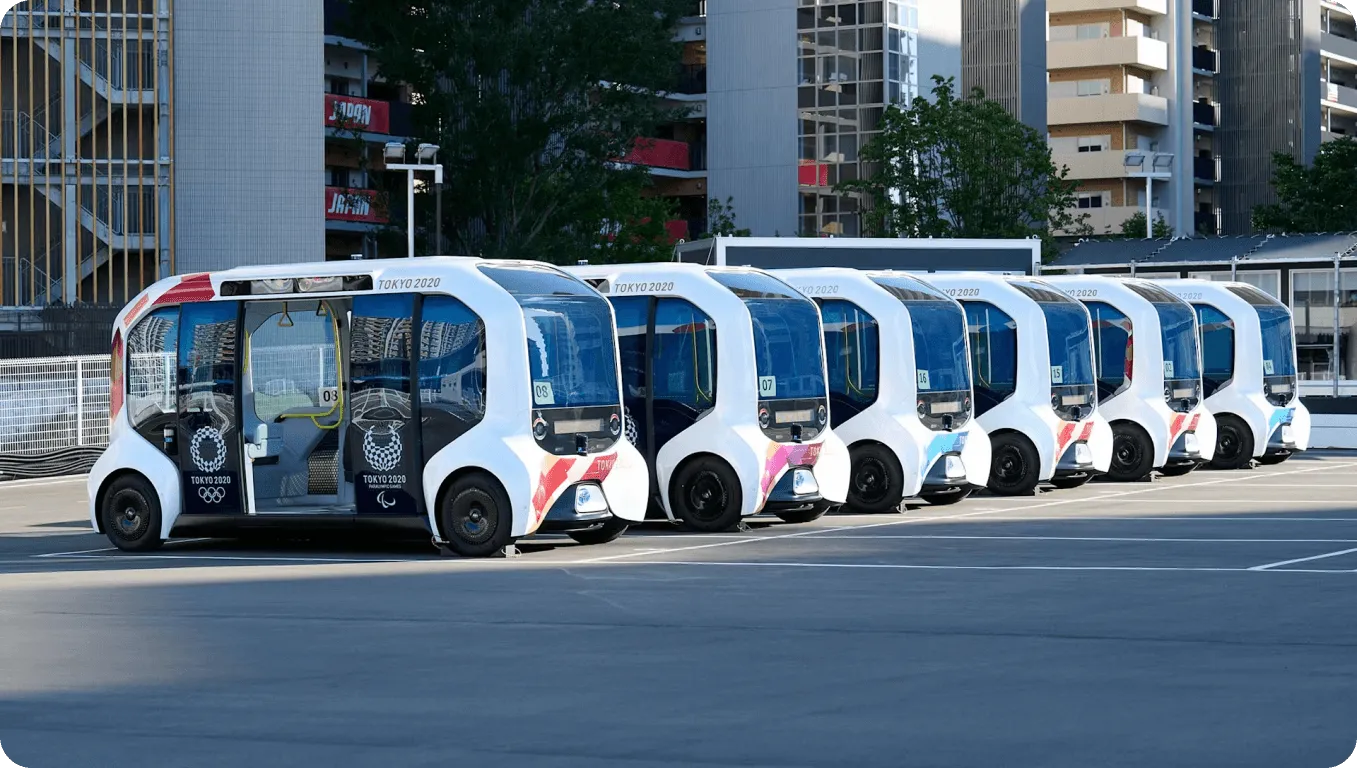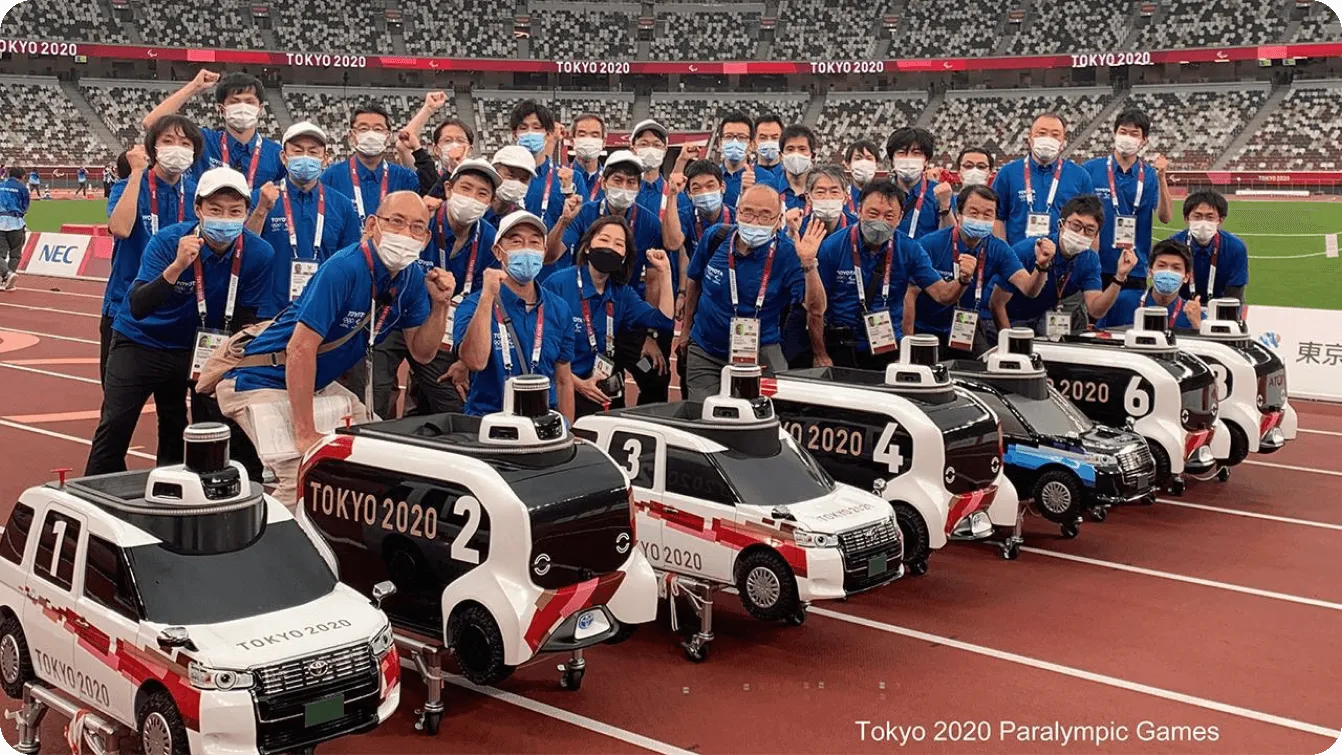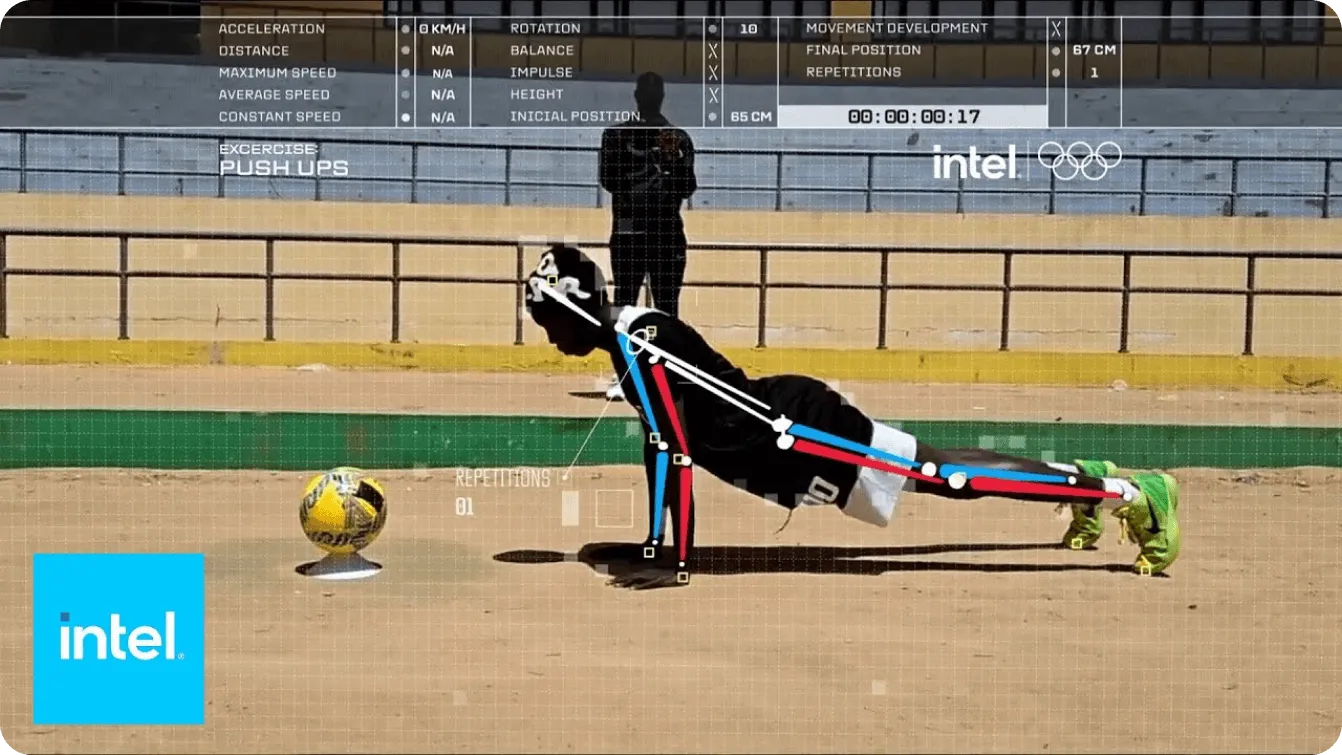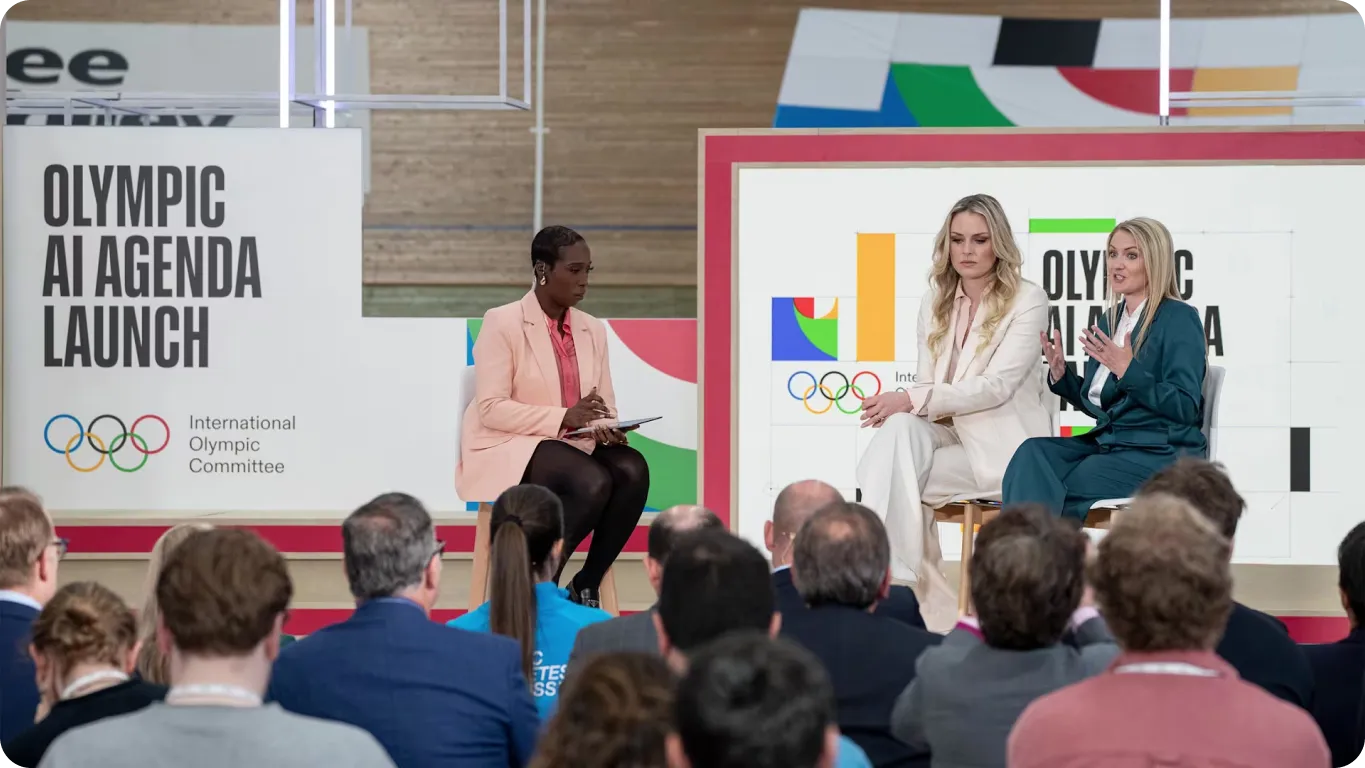Discover the vital role of AI advancements at the 2024 Paris Olympics, enhancing athlete training, security protocols, and the overall broadcasting experience.

Discover the vital role of AI advancements at the 2024 Paris Olympics, enhancing athlete training, security protocols, and the overall broadcasting experience.

With top athletes from every country competing against each other, the Olympics is one of the most-watched sports events in history. If you’ve ever wondered how such a massive event can be organized, the International Olympic Committee (IOC) is responsible. The IOC is a non-governmental sports organization based in Lausanne, Switzerland. It is the governing body of the National Olympic Committees (NOCs). There are currently 206 NOCs officially recognized by the IOC.
Just recently, the IOC revealed its artificial intelligence (AI) strategy as it gears up to hold the 2024 Paris Olympics, set to kick off on July 26th. During the launch of the AI agenda, they said AI could help identify promising athletes, personalize training methods, and make the game fairer than ever before by improving judging. In this article, we will learn more about how AI technologies have been used in the past at the Olympics and what to expect at the 2024 Paris Olympics. Let’s get started!
AI at the 2020 Olympic Games in Tokyo forever changed how Olympic events were managed. Omega, the official timekeeper for 35 Olympic sports, introduced cameras with computer vision capabilities to track movements in beach volleyball. These cameras could identify various actions such as smashes, spikes, blocks, and passes. This data was enriched with additional inputs from gyroscopic sensors embedded in the players' clothing, allowing for real-time, precise tracking of players and the ball. Commentators and viewers were able to view new insights into the game dynamics.
The Tokyo Games also featured the debut of 3D Athlete Tracking (3DAT), a collaboration between Intel and Alibaba. Using imagery from specialized trackside cameras, the system processed data through deep learning algorithms in the Alibaba cloud to offer detailed analytics. Insights include each racer's top speed during competitions. Not only does this information entertain viewers, but it also gives athletes and coaches valuable data to refine techniques and strategies.
.webp)
Aside from applications related to the games themselves, the 2020 Tokyo Olympics featured AI-powered autonomous vehicles designed by Toyota, known as e-Palette. These vehicles transported athletes throughout the Olympic Village. They were equipped with large doors and electric ramps to accommodate both Olympic and Paralympic athletes, including those requiring wheelchairs. Advanced sensors and cameras were used to ensure safe, autonomous navigation.

The events also used AI-powered robots for various tasks. Robots helped deliver food and drinks to spectators and assisted with field events by retrieving equipment like javelins and balls. These robots improved operational efficiency and increased the safety and accessibility of the games. It was particularly useful given the limited number of spectators due to pandemic restrictions.

With these applications, the 2020 Tokyo Olympics set a new standard for the integration of AI in sports. It paved the way for even more innovative applications at the 2024 Paris Olympic Games.
The IOC has outlined its agenda for taking the best advantages of AI technologies, and it will be taken to the next level. Let’s take a closer look at how AI will be applied at the 2024 Paris Olympics.
For instance, the Senegalese NOC, in partnership with Intel, is using AI to analyze millions of metrics and data points to identify their skills internationally.

Based on AI insights, young athletes and their parents can be advised very early on details like what sport will be best for them and what training program to choose. We can expect that programs like this today will make future Olympic events far more competitive and entertaining to watch.
We can vastly improve the training quality of professional Olympic athletes by using AI-driven solutions like robots. AI robotics can redefine training by helping new athletes and coaches address strengths and weaknesses to optimize performance and increase chances of winning. AI models can learn from data collected from successful professional athletes, and these models can be deployed within robots to train other athletes. For example, Alibaba created an AI training robot that can mimic all the movements of the professional Chinese table tennis player Xu Xin.
.webp)
Here are some of the benefits of using AI in athlete training:
The 2024 Paris Olympics are set to redefine sports broadcasting by merging top athletic performances with cutting-edge broadcasting technology. In collaboration with the Olympic Broadcasting Service (OBS), Alibaba, and Intel, the event will feature advanced technologies like 360-degree replays, AI-generated event explanations, and real-time athlete tracking.
A key innovation is the use of Intel Xeon processors, marking the first time 8K end-to-end live streaming will be showcased at the Games. These processors are designed to handle live 8K signals efficiently, providing viewers with ultra-clear, low-latency streaming that offers four times the resolution of Ultra HD 4K.
Additionally, OBS and Intel are transforming how audiences access content. Using AI, the broadcasts can now automatically organize and showcase footage by country, athlete, or sport. It will be accessible via social media or traditional TV. It also enables the swift creation of highlight reels from various events, ensuring that fans never miss a moment of the action.
The intersection of sports and social media is unavoidable. While it brings opportunities, it also comes with challenges, especially the issue of online harassment. Athletes, who are daily social media users often face cyberbullying that can lead to severe mental health issues and impact their performance.
To combat this, the IOC has implemented AI tools to monitor and mitigate online abuse in real time. These tools use advanced natural language processing capabilities to identify and address harmful content directed at athletes and officials.
The effectiveness of this approach was demonstrated during the Olympic Esports Week pilot. The AI system scrutinized over 17,000 public posts and identified 199 potentially abusive messages from 48 authors targeting 122 players and two IOC officials. A team of experts confirmed 49 of these were abusive and coordinated with social media platforms for necessary action. The pilot provided valuable insights into the scale of online abuse and shaped strategies for ongoing monitoring and intervention.

The IOC is stepping up the protective measures further for the Paris 2024 Olympics, by making sure that athletes have access to safe spaces and mental health professionals.
Using AI software to assist Olympic sports judging can help make it more fair and make organizing sporting events like diving and gymnastics extremely efficient. For example, in diving, AI cameras can capture a diver in real-time. Judges will almost instantly have detailed information regarding the height of the jump, the number of rotations in the air, and even measure how close the diver’s legs were to his torso as he spun.
.webp)
The main goal of this AI solution is to provide judges with a clearer understanding of a dive's quality, allowing for fairer scoring. AI models can help determine details such as rotations, speeds, and angles. These models can break down the dive into sequences and analyze them in less than a tenth of a second. The results from the analysis can be shared with fans in real time and help clear up confusion about why points were gained or lost.
It’s unlikely that human judges will be completely replaced by AI. Instead, AI aims to be a tool to help judges. Gymnastics is a great example of why that is. Gymnastics is a subjective sport where vague concepts like “artistry” and “performance” can also affect scores. While AI can help reduce biases and ensure the event is viewed more objectively - judges are still needed to assess the more subjective elements that AI cannot fully interpret.
Human judges are needed to understand the emotional expressions and artistic flairs behind sports like gymnastics. The current capabilities of AI can’t appreciate the context and story behind a performance. A human touch remains indispensable for evaluating artistic sports.
As the world awaits the start of the 2024 Paris Olympics on July 26th, the integration of AI technology promises to change the way we view one of the most iconic sporting events on the planet. With AI-driven innovations touching every aspect of the Olympics, from broadcasting quality to athlete training, the Paris Olympics is poised to set a new standard for the intersection of sports and technology on a global stage.
Explore our GitHub repository and join our community to discover more about AI. Check our solutions pages to see AI applications in industries such as manufacturing and agriculture.